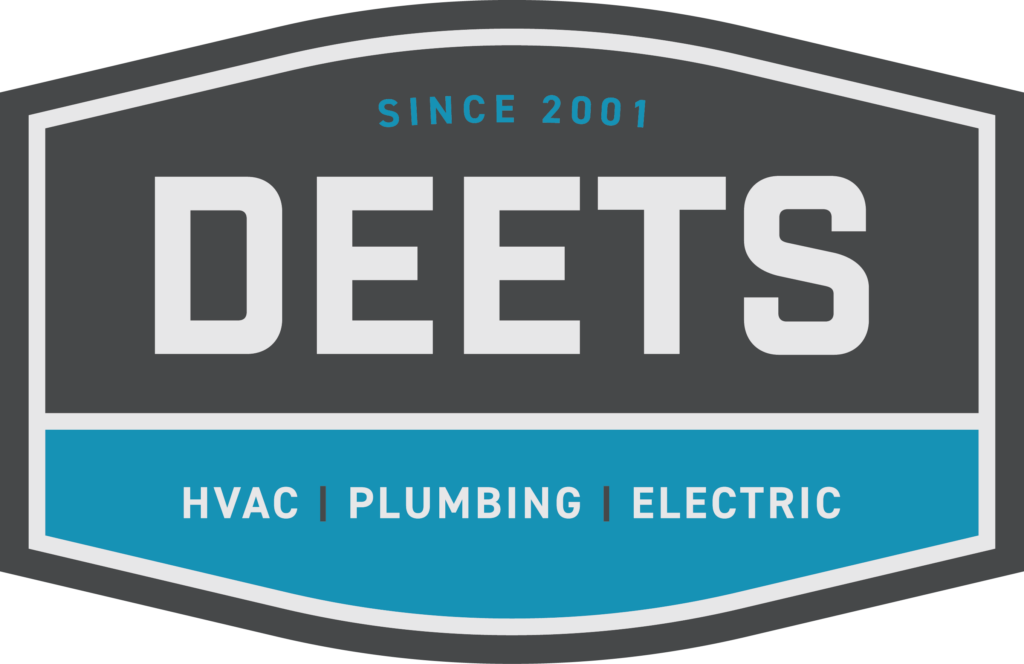In this article…
- What Does An HVAC System Replacement Cost in 2025?
- What Factors Affect The Cost Of An HVAC Replacement
- Should You Choose The Least Expensive or Most Expensive HVAC Replacement Option?
- Is It Time For An HVAC System Replacement?
Have your energy bills steadily increased over the years? Do you feel like your AC and heating aren’t keeping your home comfortable throughout the summer and winter? Have you noticed more dust around your home?
If you answered “Yes” to any of these questions, it may be time to upgrade your HVAC system.
Before blindly purchasing any new appliance for your home, one of the first things you want to know is how much it will cost.
Because an HVAC replacement is a large investment, understanding the price and what factors most affect it is essential to feeling confident in your project.
At DEETS Mechanical, we’ve been helping Northwestern Pennsylvania homeowners improve and maintain their comfort with high-quality HVAC system upgrades since 2001.
Along with offering top-of-the-line products with expert installation and service, we’re here to educate you on all you need to know regarding your project, from finding the right company to work with to understanding cost and best installation practices.
So, you want to know how much it will cost to replace your HVAC system, what items most influence the overall cost, and other expert tips when it comes to replacing your system – and that’s exactly what we’ll go over in this article.
What Does An HVAC System Replacement Cost in 2025?
When it comes to replacing your HVAC system, cost is often the biggest consideration (and for good reason). It’s a big investment!
In 2025, the average cost of replacing an HVAC system is between $5,000 and $11,000 for a basic system change-out. This includes replacing the main heating and cooling units without major ductwork modifications.
However, if your home requires new ductwork or large duct repairs, costs can increase significantly. The average cost can then range from $7,000 to $16,000, depending on the size of your home and the complexity of the installation.
What Factors Affect The Cost Of An HVAC Replacement?
When defining the cost of an HVAC system replacement, it’s essential to understand the key factors that can influence the final price so you aren’t blindsided by a cost that is higher than expected.
Every home and system is different, which will directly impact exactly how much your system replacement will cost.
So let’s dive deeper into what key factors most affect the cost of an HVAC system replacement.
1. Size Of Your Home
The size of your home directly impacts the size and capacity of the HVAC system you’ll need. Larger homes require more powerful systems to efficiently heat and cool every cubic foot.
HVAC systems are rated by their capacity (measured in tons for cooling and British Thermal Units, or BTUs for heating). A system that’s too small won’t effectively regulate your home’s temperature, while an oversized system can result in short cycling, higher energy bills, and premature wear.
For example, a smaller 1,200 sq. ft. home might need a 2-ton system, while a larger 2,500 sq. ft. home could require a 4-ton system, which increases the cost of equipment, installation, and labor.
2. Condition Of Your Ductwork
The state of your home’s ductwork can have a substantial effect on your HVAC replacement costs. If your existing ducts are properly sized, sealed, and insulated, you might avoid additional costs.
However, leaky, damaged, or poorly insulated ducts can reduce system efficiency by up to 30%, requiring repairs or even a full replacement.
New duct installation is a difficult and labor-intensive job that can add thousands to the total cost of your system replacement. Additionally, older homes may have outdated or non-standard ductwork that requires complete reconfiguration to fit modern systems and municipal code requirements, which would add to installation and labor costs.
3. System Type
The type of HVAC system you choose has one of the largest impacts on cost.
Basic single-stage, or single-speed, systems are more affordable and sufficient for many homes. Single-stage systems run at full speed to cool or heat a home, then shut off when the desired temperature is reached. While typically less expensive than other systems due to their simpler technology, they are often the most expensive to operate because of their frequent on-off cycle.
High-efficiency systems come with better SEER (Seasonal Energy Efficiency Ratio) ratings and can lower energy bills in the long run.
Systems with advanced features, such as variable-speed compressors, smart thermostats, or zoning capabilities, offer enhanced comfort and energy efficiency but can increase upfront costs.
For example, opting for a high-efficiency heat pump instead of a standard central air conditioner can significantly increase the initial cost upfront but provide long-term savings.
4. System Brand and Quality
Not all HVAC brands are created equal, and the more premium brands always come with a higher price tag.
Budget brands offer reliable systems at a lower cost but may not include advanced features or the same level of durability. Premium brands like Rheem, Trane, and Stylecrest are known for energy efficiency, quieter operation, and longer warranties, but they can add thousands to the cost.
It’s important to always remember that cost and quality have a direct relationship. You cannot get the highest-quality, most efficient system for the lowest price tag.
Choosing the right brand often comes down to balancing your budget with the importance of energy efficiency and longevity in your system.
5. Labor Costs
The cost of labor and installation is another factor that largely impacts the overall cost of your project.
The labor required for installation varies depending on several factors, including your location and the complexity of the job. For example, homes with difficult-to-access spaces, extensive duct modifications, or custom configurations will require more time and expertise, increasing labor charges.
It’s worth investing in skilled and licensed contractors to ensure the job is done correctly, as a poor installation can lead to long-term performance and safety issues.
Should You Choose The Least Expensive or Most Expensive HVAC Replacement Option?
With the wide range in pricing for an HVAC system replacement, it can be hard to decide whether you should choose a higher-end replacement or go with the cheaper option.
Deciding between a budget-friendly system and a premium option depends on your needs and your budget.
You should consider a more expensive HVAC system if:
- You plan to live in your home for a long time
- You want to invest in a system that provides long-term energy savings
- You live in an area with harsh weather conditions, as a higher-quality system can withstand varying temperatures without giving out
You should consider a cheaper HVAC system if:
- You live in an area with a mild climate year-round
- You don’t plan to live in your home for much longer
- You live in a smaller home that doesn’t require maximum power for heating and cooling
Overall, finding the right HVAC system for you all comes down to your wants, goals, and needs. If you’re looking for a long-term solution to your home’s comfort, choosing a high-quality system will cost more initially but will pay off in the long run.
Is It Time For An HVAC System Replacement?
Now that you understand the average cost for an HVAC system replacement and what factors most affect the cost, you have a realistic idea of how much your project will cost and can spot a faulty offer that is too good to be true.
Replacing your HVAC system is a significant investment, but understanding the costs and knowing when and how to shop can help you make a smart decision.
When things go wrong, it’s normal to wonder whether you need a full system replacement or can get away with a repair. This is where the $5,000 rule comes into play.
The $5,000 rule is a guideline to help decide whether to repair or replace your HVAC system. To use it:
- Multiply the age of your system by the estimated repair cost.
- If the result exceeds $5,000, it’s generally better to replace the system.
- If it’s under $5,000, repairing it might be the more cost-effective option.
For example, a 10-year-old system with a $600 repair estimate equals $6,000 (10 x $600), suggesting replacement is the smarter move.
Remember that the best time of year to replace your system is typically in the spring and fall, before the harshest seasons of the year. During these times, many HVAC companies also offer specials and discounts to make your replacement more affordable.
Most trustworthy HVAC companies, like DEETS, also offer payment plans for your HVAC replacement to make this costly project more affordable and comfortable for many homeowners.
With all this newfound information, your head may be spinning trying to decide which option is right for you.
Should I repair or replace my HVAC system? Do I really have to? Which option is right for me?
We understand. At DEETS Mechanical, our goal is to provide you with all the information you need to make an educated decision for your home.
When it comes to a full HVAC system replacement, you don’t want to pay thousands of dollars for a faulty repair or full replacement if that isn’t the right solution for you.
To help guide you along your journey, check out this article that compares common HVAC repairs and their cost to a full HVAC system replacement so you can better understand what your project will cost and if a repair or replacement is right for you.

Ready to replace your HVAC system with a company you can trust? Schedule your appointment with DEETS Mechanical today!



